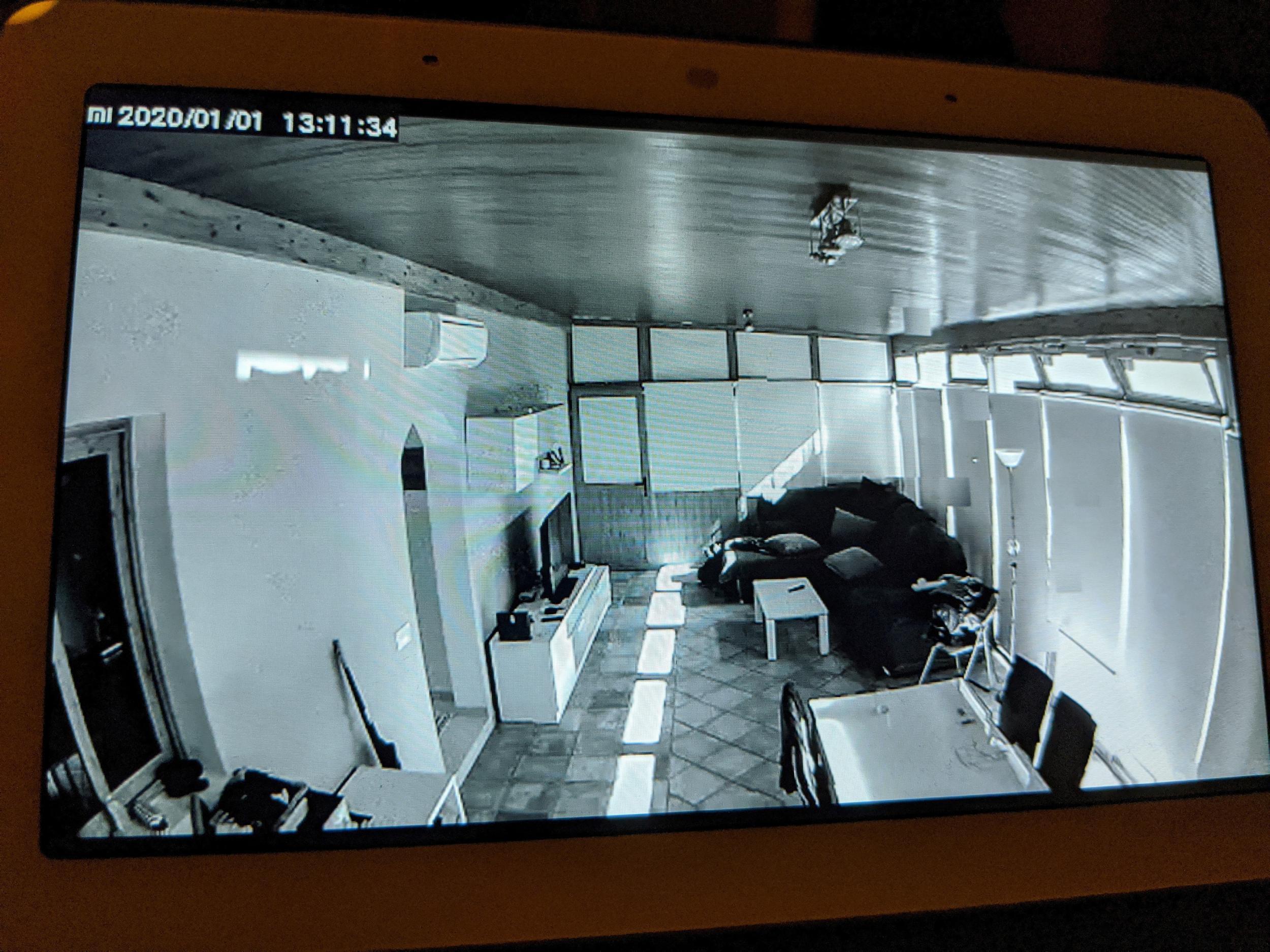Google-connected cameras show images inside strangers’ homes
Chinese-made Xiaomi devices hooked up to Nest Hub and Assistant show a baby sleeping and children playing with toys

Owners of smart cameras linked to Google accounts have reported seeing images from inside strangers' homes.
One user shared still images online that were taken by other people's cameras, including pictures of people sleeping, children playing with toys and even a baby asleep in a crib.
"When I load the Xiaomi camera in my Google Home Hub I get stills from other people's homes," a Reddit user by the name Dio-V wrote.
The images were shared on 1 January and appear to be taken on the same day. Google acknowledged the issue and claimed it only affected cameras made by Xiaomi.
The Chinese firm did not immediately respond to a request for comment but a Google spokesperson told The Independent: "We're aware of the issue and are in contact with Xiaomi to work on a fix. In the meantime, we're disabling Xiaomi integrations on our devices."
This is not the first time Google-linked smart cameras have experienced issues with either security bugs or hacking.
In February last year, the technology giant urged owners of Nest cameras to reset their passwords due to fears that some devices had been taken over by hackers.
One incident involved a family in Illinois, who said cyber criminals took control of their internet-connected camera to shout racial abuse through the device's speaker at a couple and their baby.
A separate incident involved a family in California receiving an emergency broadcast alert, which falsely claimed that North Korean intercontinental ballistic missiles were headed to the United States.
The Google-owned company said the incidents were a result of customers using passwords that had been compromised by hacks on other websites.
"If a website is compromised, it’s possible for someone to gain access to user email addresses and passwords, and from there, gain access to any accounts that use the same login credentials," Nest Vice President Rishi Chandra wrote in an email to customers at the time.
"It's a great responsibility to be welcomed into your home, and we're committed to keeping you and your Nest devices safe."
Join our commenting forum
Join thought-provoking conversations, follow other Independent readers and see their replies
Comments
Bookmark popover
Removed from bookmarks